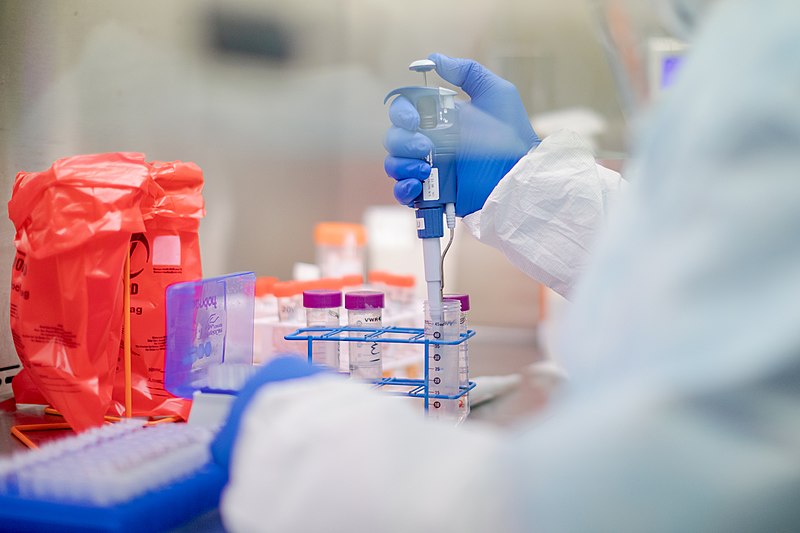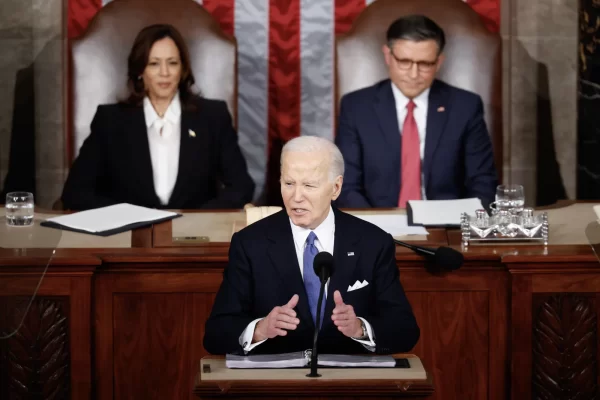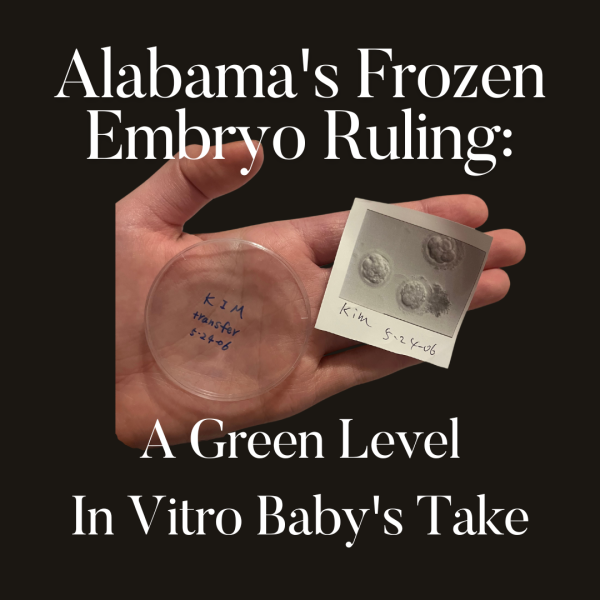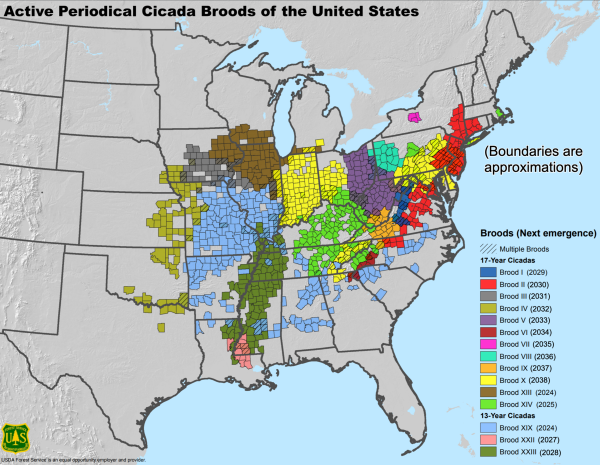What a Negative Covid-19 Test Actually Tells You
Picture of the Covid-19 test process.
If you tested negative for Covid-19, that means you have not been infected with the virus, right?
Not really.
Covid-19’s incubation period is up to 14 days, and testing too early after being infected will likely result in a false-negative test result. John Hopkins Medicine researchers conducted a study and found that testing within four days after being infected increased the chance of a negative test by 67%, even if the patient had already contracted the virus. In fact, they estimated that there was a 100% chance of getting a false-negative result on day one! The false-negative rate decreased to 38% when the tested patient had just started experiencing symptoms, but there was still a 20% false-negative rate when testing approximately three days after symptoms began.
Part of the reason Covid-19 is so dangerous is that it can spread extremely quickly and easily. People are contagious even when they are asymptomatic, and the US Centers for Disease control and Prevention estimated that approximately 40% of infections have no symptoms, and 50% of transmissions occur before symptoms start. “People sort of feel like if you test (negative), you’re out of the woods. And you’re kind of not,” said Dr. Rochelle Walensky, chief of the Massachusetts General Hospital’s infectious diseases division.
When getting diagnosed for Covid-19, the two main tests used are molecular tests and antigen tests. Molecular tests look for the genetic material of the virus, and are performed using nasal swabs, throat swabs, and tests for bodily fluids. The deep nasal swab is usually the most accurate option and yields to the fewest false-negatives, but the results can take anywhere from one day to two weeks to be delivered.
On the other hand, antigen tests look for antigens (protein fragments) from the Covid-19 virus. They are performed using a nasal or throat swab, and results can be ready within minutes. However, the accuracy is much lower and the false-negative result rate can be as high as 50%.
With the winter holidays rapidly approaching, it is important to know about the limitations in Covid-19 testing. Don’t be lured into a false sense of security, and always make sure to take precautions when travelling and exposing yourself to situations where you could contract the virus.

Claire is a junior who loves swimming, music, and watermelons. Her favorite film is Dora and the Lost City of Gold, and she enjoys learning french, traveling...

















